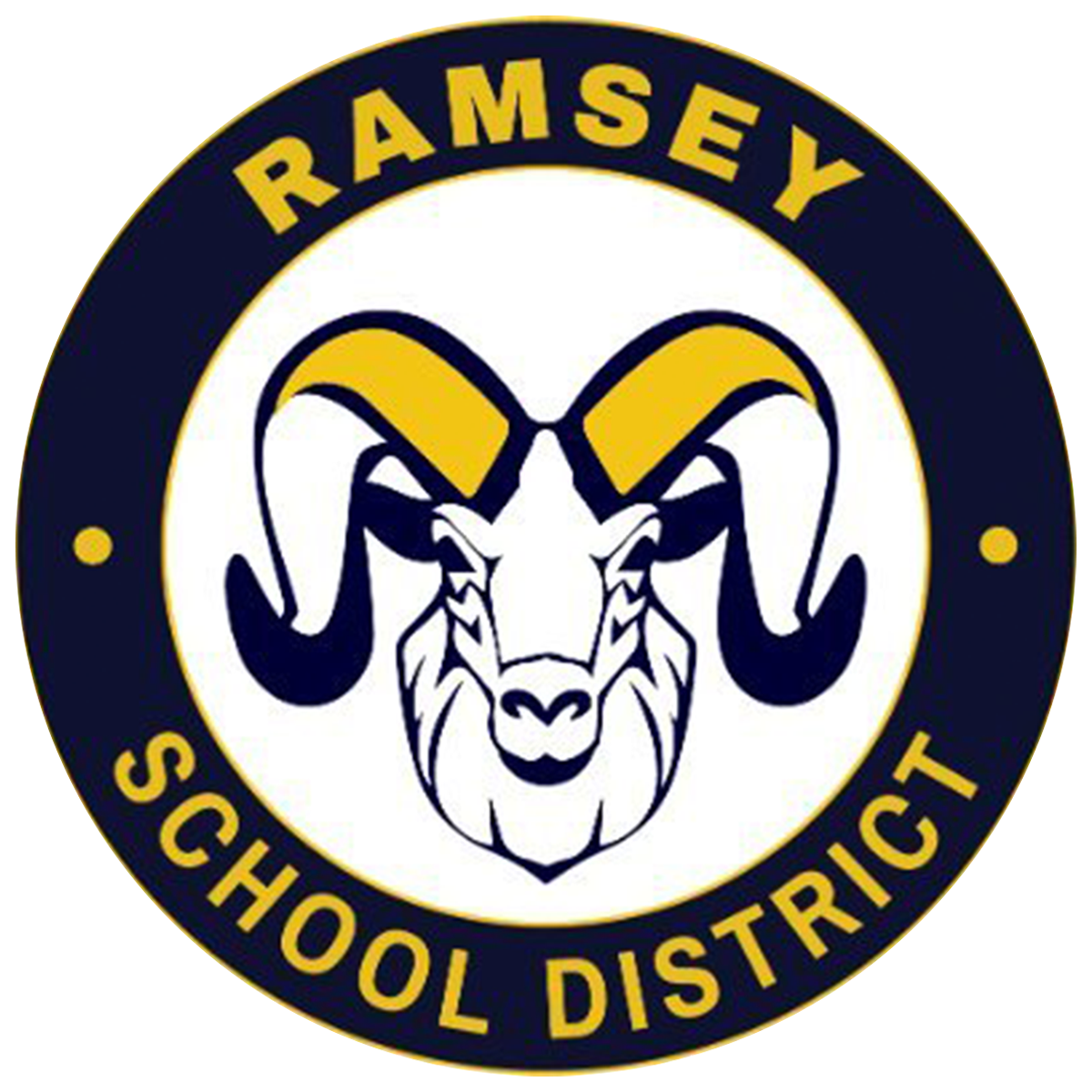What's happening: In a recent Smith Middle School cooking class, students crafted everything from gluten-free pancakes to chicken kabobs, demonstrating the profound impact of hands-on, diverse learning experiences. While core subjects form the foundation of education, exposing students to varied disciplines like culinary arts creates well-rounded individuals prepared for future success.
The cooking class exemplifies how specialized courses develop essential life skills. Students learning to prepare low-fat pasta and healthy taco bowls aren't just cooking – they're developing:
➕ Mathematical skills through measuring and scaling recipes
⚛️ Scientific understanding through chemical reactions in cooking
📖 Reading comprehension through following complex instructions
👨🍳 Cultural awareness through diverse cuisine exploration
What they’re saying: "Learning life skills like cooking in the classroom sparks a noticeable transformation in students. They become more engaged, curious, and collaborative, often finding joy in applying their creativity to something tangible and practical. These experiences build confidence and resilience while helping them see how their education connects to real-world situations." -Stephanie Ormaeche, Teacher of Family & Consumer Science
Why it matters: By introducing students to various dietary options, like gluten-free and low-fat alternatives, schools empower young people to make informed nutritional choices that help develop healthy eating habits early in life.
The bottom line: By providing diverse learning experiences, we prepare students not just for tests, but for life. Whether or not students pursue culinary careers, the skills, knowledge, and confidence gained through such programs contribute to their development as capable, well-rounded individuals ready to face future challenges. 👨🍳

